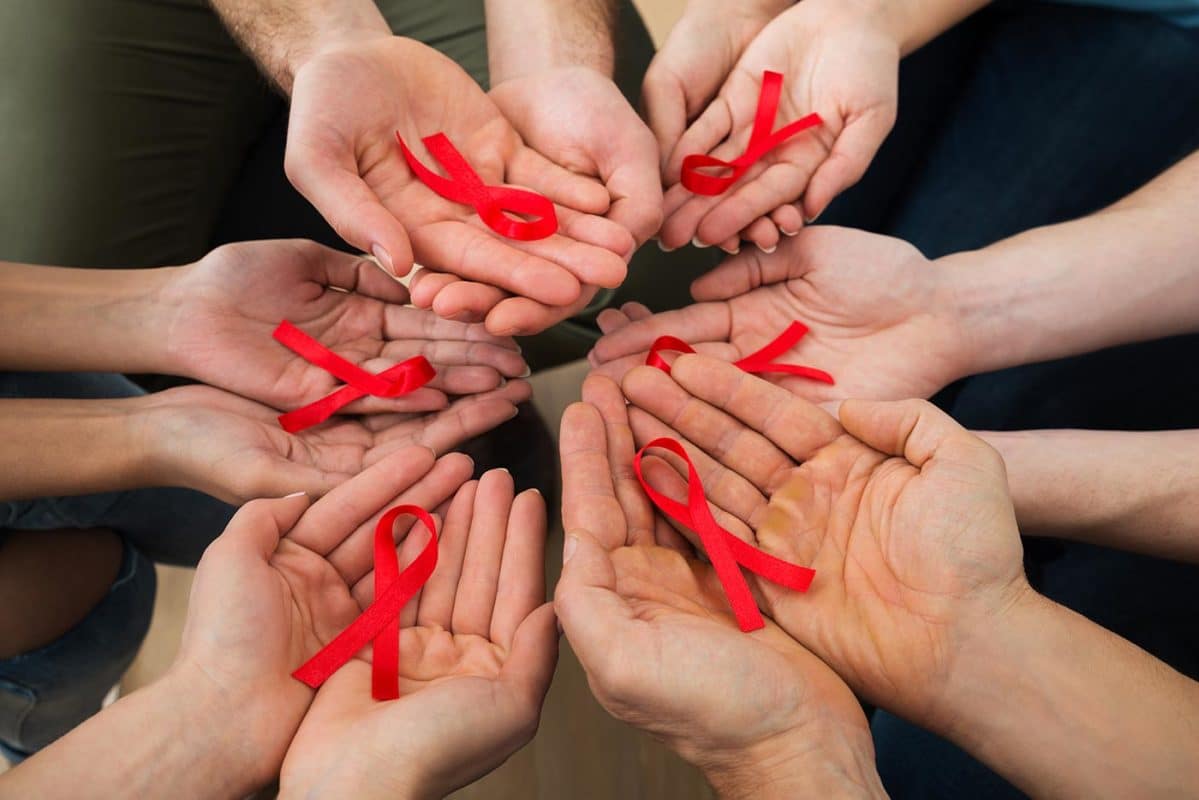World Cancer Day is an annual awareness day dedicated to uniting the world in the fight against cancer.
Spearheaded by the Union for International Cancer Control (UICC), the focus of World Cancer Day between the years 2022 and 2024, is to help ‘Close the Care Gap.’
This year will focus on fostering partnerships and spurring action at a local level.
What is the Cancer Care Gap?
UICC believes that a significant gap exists in the world of cancer and that people seeking cancer treatments are met with unnecessary obstacles based on various factors. “Income, education, geographical location and discrimination based on ethnicity, race, gender, sexual orientation, age, disability and lifestyle are just a few of the factors that can negatively affect care.”
In addition, these factors also affect people’s exposure to risk factors that can lead to cancer.
The Care Gap is a Global Problem
UICC provides some startling statistics about the global nature of the care gap. Some of them are:
- There are significant differences in cancer-related outcomes for rural and nonrural patients, even in high-income areas.
- Partly because of discrimination by healthcare practitioners, transgender individuals receive cancer screening far less than the rest of the world population.
- Childhood cancer survival rates in high-income countries are more than 80%. In low-income countries childhood cancer survival rates are as low as 20%.
- In NZ, Māori are two times as likely to die from cancer as people who are non-Māori.
- The five-year survival rate for cervical cancer is over 70% for White women in the US. For black women, the five-year survival rate is just 58%.
These statistics represent just some of the inequities that exist worldwide regarding cancer care.
How Can We Close The Cancer Care Gap?
Closing the care gap will take time. But, it is the hope that the UICC and other participating organizations will bring the world’s attention to the existing inequities and create a plan to eliminate them.
Some of the following actions might help reduce inequity:
- Educating the public about cancer care and cancer prevention
- Training healthcare workers to understand how inequity affects cancer care
- Reimagining health care systems and policies
- Addressing some of the socio-economic factors that influence the health of some communities
- Increase resources for research and tracking.
Together, the UICC feels confident that by recognizing World Cancer Day and participating in some of the related activities occurring around the globe, the world can reduce some of the inequity and discrimination that exists in cancer care.
Consider what you can do to observe World Cancer Day on an individual level. Discuss cancer prevention with a loved one, schedule an annual cancer screening, or maybe reach out to someone you know who is battling this disease.
SOURCE:

